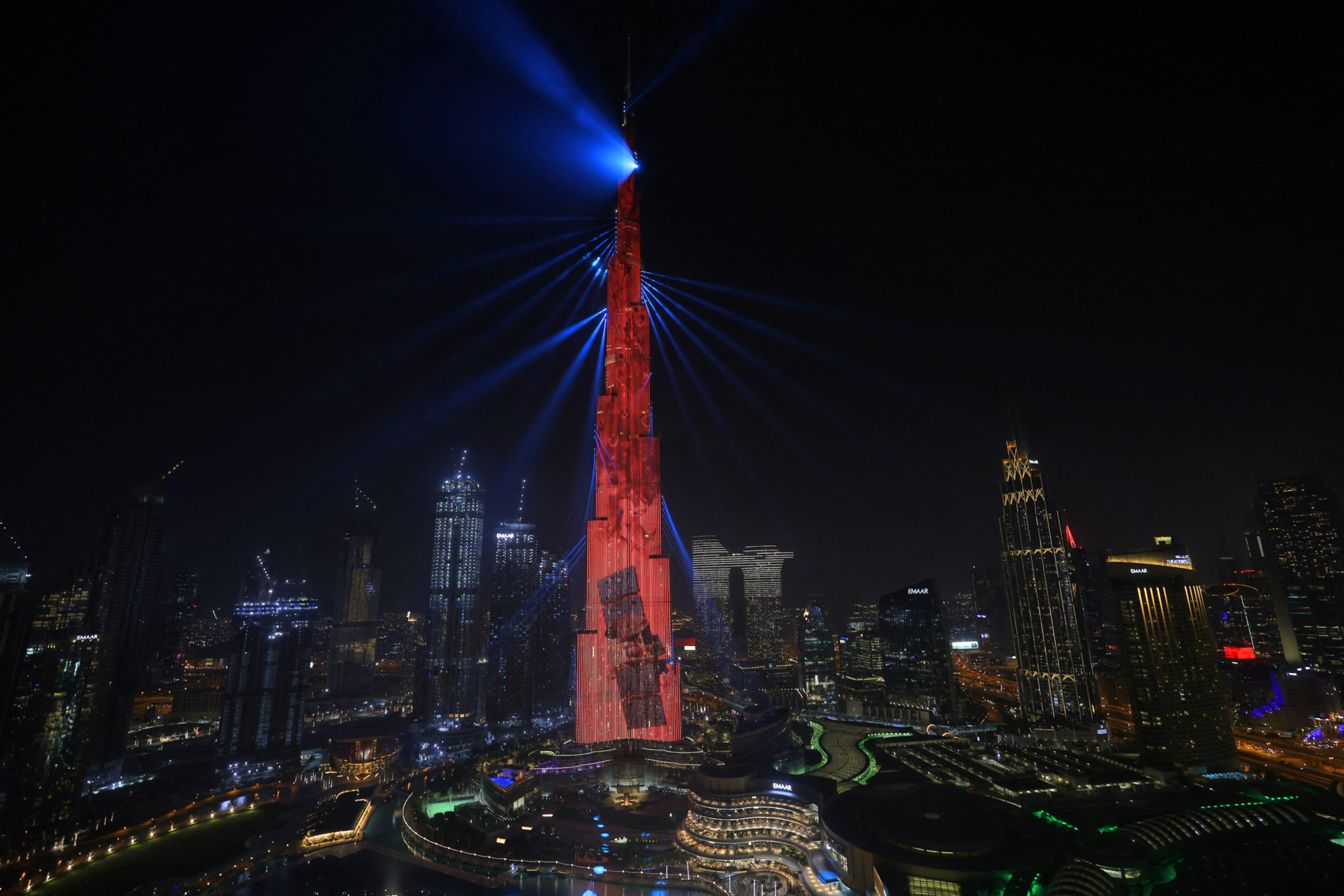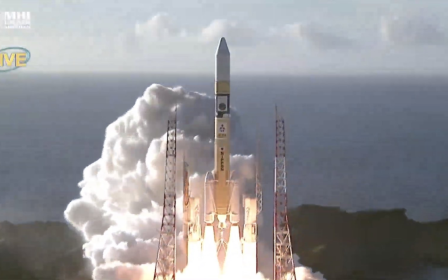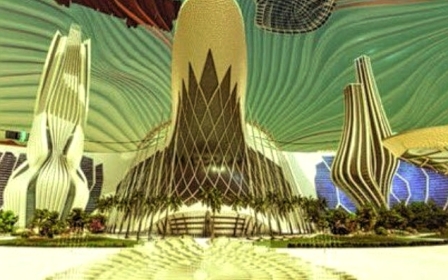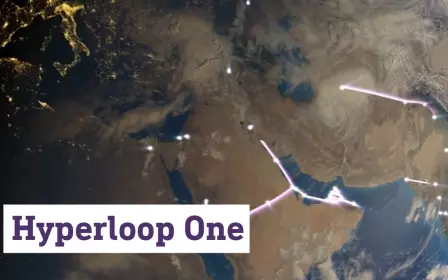In first Arab mission, UAE Hope Probe enters Mars orbit
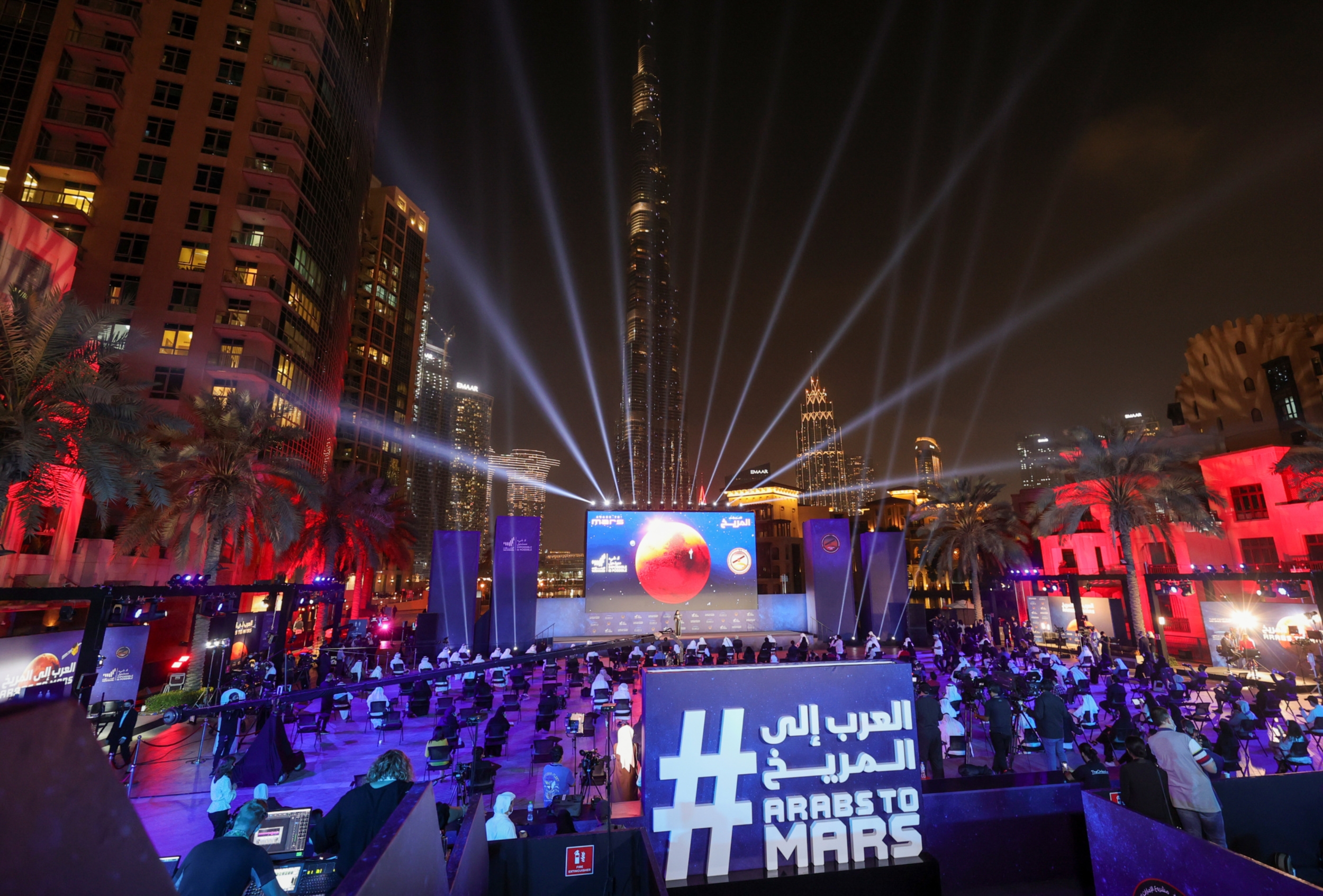
The United Arab Emirates' first mission to Mars reached the red planet and successfully inserted itself into its orbit on Tuesday, making it the first Arab interplanetary mission.
"To the people of the UAE, to the Arab and Muslim nations, we announce the successful arrival to Mars orbit. Praise be to God," said Omran Sharaf, the mission's project manager.
The Emirati milestone, following a seven-month journey, is part of the UAE’s effort to develop its scientific and technological capabilities, as it seeks to move away from an economy reliant on oil.
The UAE, now the fifth space agency to reach the planet, has spent $200m on its Mars programme. Emiratis and Dubai's Mohammed Bin Rashid Space Centre (MBRSC) worked with US educational institutions to build and develop the Hope Probe.
"Contact with #HopeProbe has been established again. The Mars Orbit Insertion is now complete," MBRSC said on Twitter.
New MEE newsletter: Jerusalem Dispatch
Sign up to get the latest insights and analysis on Israel-Palestine, alongside Turkey Unpacked and other MEE newsletters
Entering the orbit allows the mission to start sending back data about the Martian atmosphere and weather.
The attempt to lock into orbit around Mars had a 50 percent chance of failing, Dubai's ruler and UAE Vice President Sheikh Mohammed bin Rashid al-Maktoum said on Tuesday.
To enter Mars' orbit, the probe needed to burn around half its 800 kg of onboard fuel to slow down enough not to overshoot.
Sharaf and other officials at mission control broke into applause when the probe successfully entered Mars’ orbit, after a tense half-hour as it carried out a "burn" to slow itself enough to be pulled in by Martian gravity, in what was the most perilous stage of the journey.
It rotated and fired all six of its powerful thrusters to dramatically slow its average cruising speed of 121,000 kilometres per hour to about 18,000 kph.
"This is the farthest point in the universe to be reached by Arabs throughout their history...Our goal is to give hope to all Arabs that we are capable of competing with the rest of the world," he said.
The Emirates Mars Mission launched the Hope Probe from a Japanese space centre. It aims to provide a complete picture of the Martian atmosphere for the first time, studying daily and seasonal changes.
The UAE first announced plans for the mission in 2014 and launched a national space programme in 2017 to develop local expertise.
In 2019, Hazza al-Mansouri became the first Emirati in space when he flew to the International Space Station.
The UAE's mission marks the 50th anniversary of the unification of its seven emirates after gaining independence from Britain.
Middle East Eye delivers independent and unrivalled coverage and analysis of the Middle East, North Africa and beyond. To learn more about republishing this content and the associated fees, please fill out this form. More about MEE can be found here.


